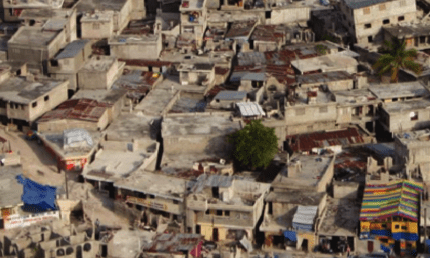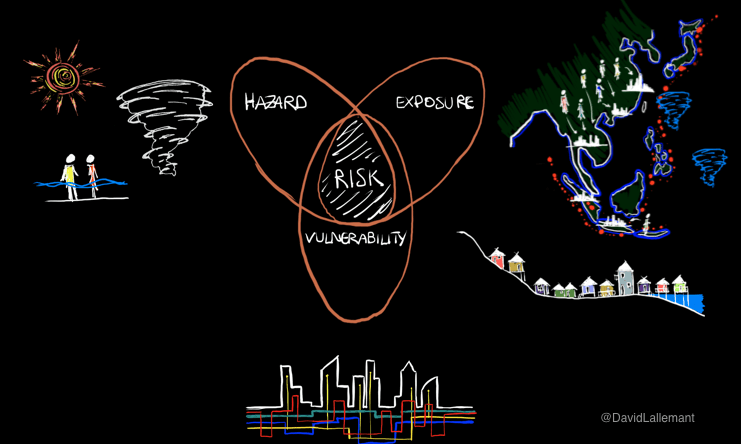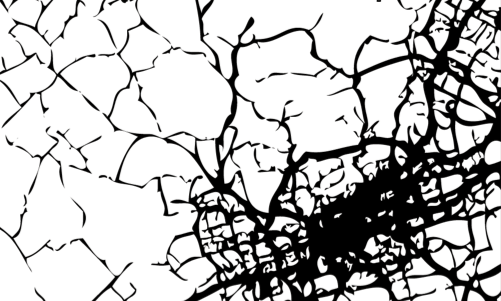PROJECT BRIEF
Time-dependent risk modeling for long-term planning: Integrating changing vulnerability, exposure and hazards in the anthropocene
David Lallemant, Maricar Rabonza
The risk profile of cities – particularly Asian cities – is rapidly changing due to climate change, urbanization, and new patterns of vulnerability.
However, current probabilistic disaster risk assessment approaches have been limited to static analyses (e.i. based on the current
condition of hazard, exposure and vulnerability). This is a significant limitation for assessing risk in
rapidly changing environments, or for analyzing the impact of policies and investments on future
risk. Thus, the development of time-dependent risk analysis
models that can account for dynamics in hazard, exposure and vulnerability will enable us to anticipate future trends in risk and
guide our cities towards a resilient trajectory.
The development of a fully time-dependent risk analysis framework will be accomplished by creating
and integrating models for dynamic hazard, dynamic exposure and dynamic vulnerability. Multi-level
agent-based modeling, remote sensing and machine learning techniques will be used to develop
large-scale dynamic risk simulations applicable to a broad range of cities. Other improvements in
current state-of-the-art disaster risk analysis models include the development of multi-variate fragility
models.



Publications / Presentations
Stay tuned for upcoming publications related to our project.
Conference paper: “Accounting for Time and State-Dependent Vulnerability of Structural Systems”
Rabonza, Maricar L., and David Lallemant. “Accounting for Time and State-Dependent Vulnerability of Structural Systems.” (2019) 13th International Conference on Applications of Statistics and Probability in Civil Engineering(ICASP13), Seoul, South Korea, May 26-30, 2019. DOI: 10.22725/ICASP13.465
Conference poster: “A Geostatistical Analysis Approach to Calibrate Models Predicting Spatial Distribution of Tephra Thickness”
Rabonza, Maricar L., and David Lallemant. “”A Geostatistical Analysis Approach to Calibrate Models Predicting Spatial Distribution of Tephra Thickness” 16th Asia Oceania Geosciences Society, Singapore, July 28-Aug 2, 2019. SE09-D4-PM1-P-167(SE09-A004)
Acknowledgements
This research is funded through a National Research Foundation (Singapore) Fellowship grant (NRF-NRFF2018-06), along with an Earth Observatory of Singapore PhD scholarship.


